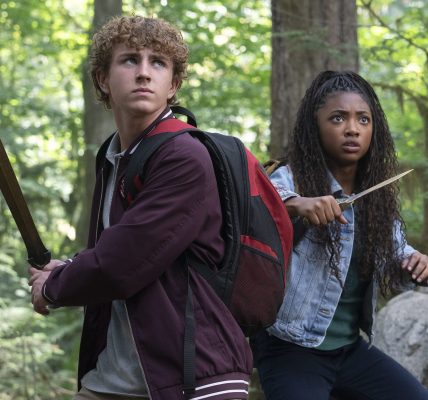On Thursday, November 28, a groundbreaking social media ban for children under 16 was passed by the Australian Senate, marking a significant shift in online youth safety legislation. This world-first law will impose hefty fines on social media platforms that fail to comply with regulations aimed at protecting minors. As a result, platforms that violate Australia?s law could face penalties amounting to millions of dollars, significantly impacting their operations and user policies.
Understanding the Financial Implications of Australia?s Social Media Ban on Major Platforms
The newly enacted law holds major social media platforms such as TikTok, Facebook, Snapchat, Reddit, X, and Instagram accountable for fines reaching up to 50 million Australian dollars (approximately $33 million) if they are found to have systemic failures in preventing children younger than 16 from creating accounts. The bill was passed with a vote of 34 to 19 in the Senate, as reported by The Associated Press, which reflects a strong governmental stance on protecting children’s online experiences.
Furthermore, the House of Representatives approved the legislation shortly after, with a decisive vote of 102 to 13. Although the House still needs to approve some opposition amendments, this is largely seen as a formality since the government has indicated that these amendments will receive approval on Friday. Notably, these amendments enhance privacy protections for users, disallowing platforms from requesting government-issued identification documents such as passports or driver?s licenses. Additionally, platforms will be prohibited from seeking digital identification through government systems, further safeguarding user privacy.
Under this new law, all social media platforms will be granted a year to develop and implement a comprehensive plan to enforce the ban on underage users. Following this grace period, the government is set to begin enforcing penalties, emphasizing the urgency for platforms to adapt their systems to comply with these regulations.
Meta Platforms Responds to Australia’s Pioneering Social Media Legislation
In response to the newly passed legislation, Meta Platforms, the parent company of Facebook and Instagram, expressed concerns that the law was ?rushed? through the legislative process. The Digital Industry Group Inc. (DIGI), which advocates for digital platforms in Australia, echoed these sentiments, raising questions about the potential effects of the law on children, its technical feasibility, and its overall scope. Sunita Bose, managing director of DIGI, articulated the industry’s apprehension regarding the law?s rapid passage.
?The social media ban legislation has been released and passed within a week and, as a result, no one can confidently explain how it will work in practice ? the community and platforms are in the dark about what exactly is required of them,? Bose stated.
Many platforms have voiced their concerns, arguing that the law may be impractical and urged the Senate to postpone the vote until at least June 2025, when a comprehensive evaluation regarding age verification and its impacts would be completed. They believe that proper scrutiny is essential for ensuring the legislation’s effectiveness.
?Naturally, we respect the laws decided by the Australian Parliament,? stated Meta Platforms regarding Facebook and Instagram. ?However, we are concerned about the process which rushed the legislation through while failing to properly consider the evidence, what industry already does to ensure age-appropriate experiences, and the voices of young people.?
Concerns Raised by Critics Regarding the Social Media Ban for Children
Opponents of Australia?s legislation express apprehension that restricting access to social media for minors could infringe on user privacy, especially for those who must verify their age as being older than 16. Although the major political parties support the ban, numerous child welfare and mental health advocates are voicing concerns about the potential unintended consequences that could arise from such regulation.
Critics argue that the legislation was hastily pushed through Parliament without adequate examination or consideration of its broader implications. Many believe it could be ineffective, present privacy risks for all users, and undermine parents? authority to guide their children?s online activities.
Furthermore, opponents contend that the ban may inadvertently isolate children, depriving them of the positive social interactions that can occur online, and potentially drive them toward less secure spaces such as the dark web. There are fears that the legislation might discourage younger children, who are not yet eligible for social media accounts, from reporting any harmful incidents they may encounter, ultimately leading to a decline in online safety initiatives among platforms.
RELATED: Florida House Passes Bill That Would Ban Children Under 16 From Using Social Media Accounts
Associated Press staff Rod McGuirk and Kelvin Chan contributed to this report.
What Do You Think Roomies?






